Hatch chile peppers range from 1,000 to 8,000 Scoville Heat Units (SHU), making them mild to medium-hot. This guide explains their heat levels, varieties, cooking tips, and buying advice to help you choose the perfect pepper for your dishes.
Table of Contents
- What Are Hatch Chile Peppers?
- Hatch Chile Peppers & The Scoville Scale Breakdown
- Hatch Varieties Compared
- Top 5 Cooking Tips with Hatch Chiles
- Your Ultimate Hatch Chile Buying Guide
- Frequently Asked Questions
- Conclusion: Spicing Up Life One Hatch at a Time
What Are Hatch Chile Peppers?
The name "Hatch chile" refers to peppers grown in the fertile soil of the Hatch Valley in New Mexico. Known as the chili capital of the world, this region produces peppers prized for their flavor and versatile heat levels.
Hatch chiles are typically mild to medium-hot, falling within the range of jalapeño to mild Anaheim peppers. Their unique flavor comes from mineral-rich soil, intense sun, and cool nights in southern New Mexico.

Hatch Chile Peppers & The Scoville Scale Breakdown
| Pepper Variety | Scoville Heat Units (SHU) | Heat Level |
|---|---|---|
| Hatch Mild Green | 1,000 - 2,000 SHU | Mild |
| Hatch Medium Green | 2,000 - 4,000 SHU | Moderate |
| Hatch Hot Green / Red | 4,000 - 8,000 SHU | Hot |
| Jalapeño | 2,500 - 8,000 SHU | Moderate to Hot |
| Serrano Pepper | 10,000 - 23,000 SHU | Very Hot |
As you can see, Hatch chiles cover a broad spectrum of heat. If you're new to spice, start with the milder versions. If you want more kick, opt for hot green or red Hatch chiles — which get spicier as they ripen.
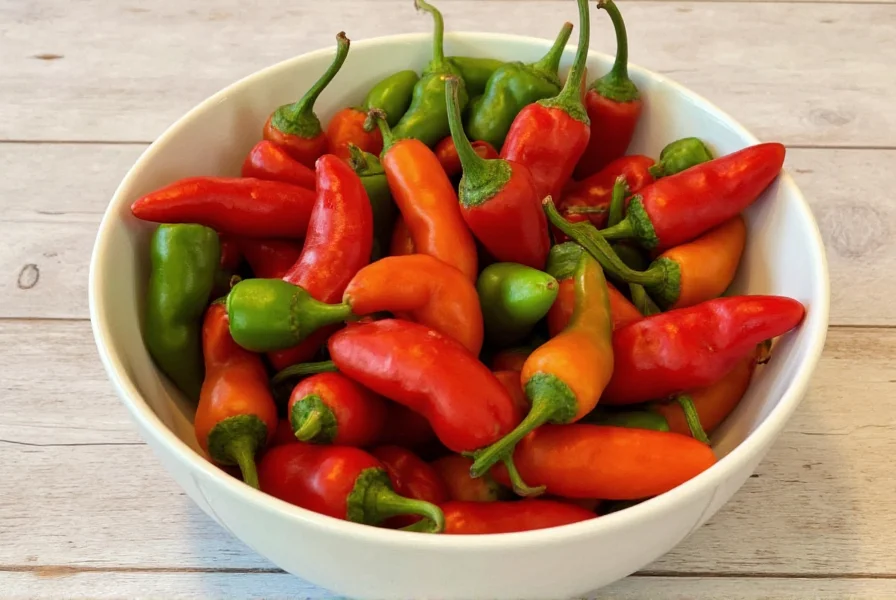
Hatch Varieties Compared: Which One Should You Try?
There are several types of Hatch chiles, each with its own flavor profile and heat level. Let's take a closer look at the most popular ones:
- Benchmark: Often labeled as "mild," this variety is great for those who love the smoky Hatch taste without too much burn.
- NMSU 6-4: A classic choice, offering a balanced blend of heat and flavor. It's one of the most common Hatch chiles found at markets.
- Lunchbox: Small and sweet, with moderate heat. Perfect for stuffing or snacking.
- Big Jim: Larger than most, Big Jim chiles pack a punch when mature. Ideal for grilling or stuffing with cheese.
- Red vs. Green: Green Hatch chiles are usually harvested earlier and tend to be milder, while red ones are fully ripe and often hotter.
| Variety | Flavor Profile | Best Use |
|---|---|---|
| Benchmark | Mild, slightly sweet | Chili con carne, sauces |
| NMSU 6-4 | Bold, earthy, smoky | Enchiladas, salsas |
| Lunchbox | Fruity, nutty undertones | Stuffed, grilled |
| Big Jim | Rich, robust | Chimichangas, stuffed dishes |
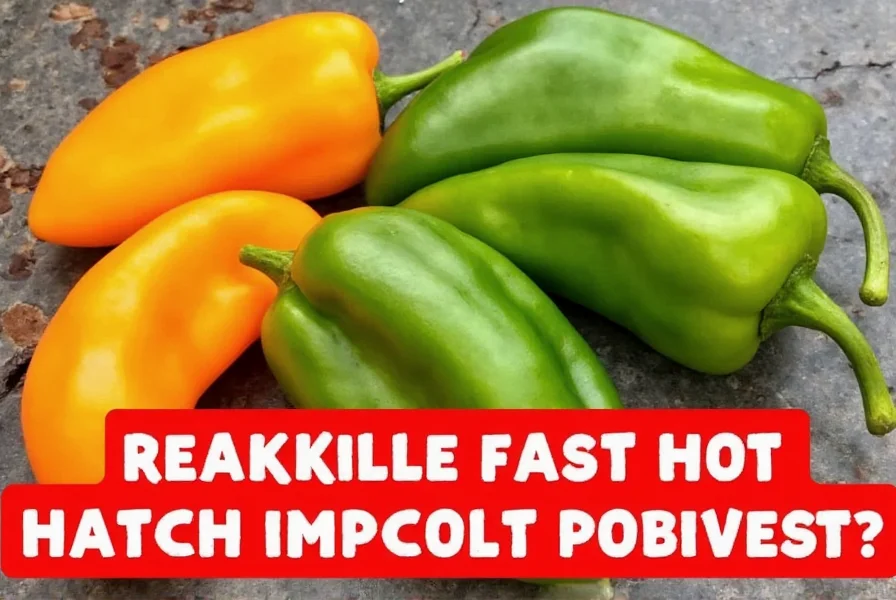
Top 5 Cooking Tips with Hatch Chiles
Cooking with Hatch chiles is like adding a secret weapon to your kitchen arsenal. They bring bold flavor, a touch of heat, and a whole lot of southwest charm. Here are five practical ways to make the most of them:
- Roast Them First: Roasting Hatch chiles over an open flame brings out their natural smokiness and makes peeling easier. Just hold them over a gas burner or place them under the broiler until the skin blackens.
- Don't Skip the Peeling: Once roasted, let the chiles steam in a paper bag for 10–15 minutes before peeling. This softens the skin and prevents bitterness.
- Freeze for Later: Want to enjoy Hatch flavor all year round? Simply roast, peel, and freeze them in airtight bags. They're ready to use in stews, soups, or sauces whenever the mood strikes.
- Blend Into Sauces: Puree roasted Hatch chiles with garlic, lime, cilantro, and a splash of olive oil for a quick and vibrant green sauce. Great on tacos, eggs, or grilled fish.
- Pair With Creamy Ingredients: To balance the heat, pair Hatch chiles with dairy like sour cream, cheese, or crema. This contrast enhances both the spice and richness beautifully.
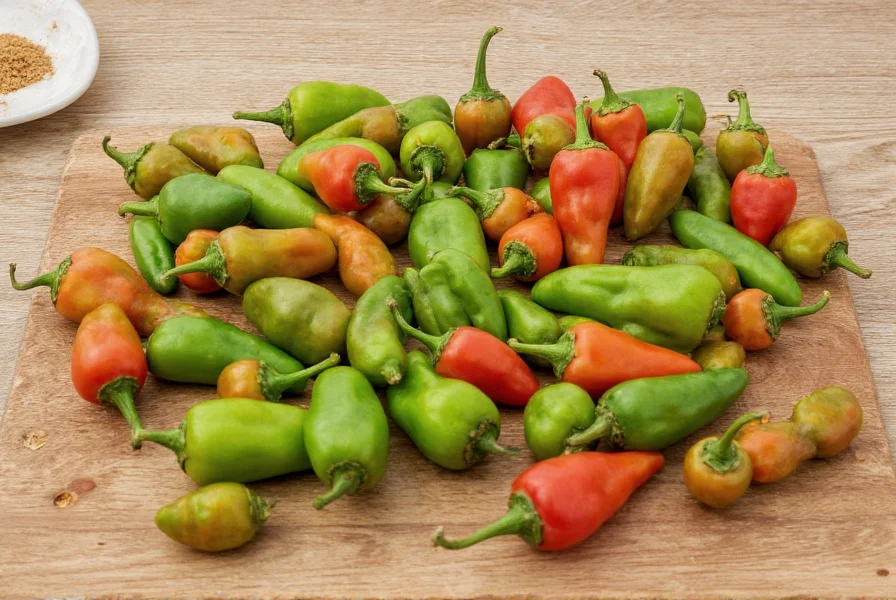
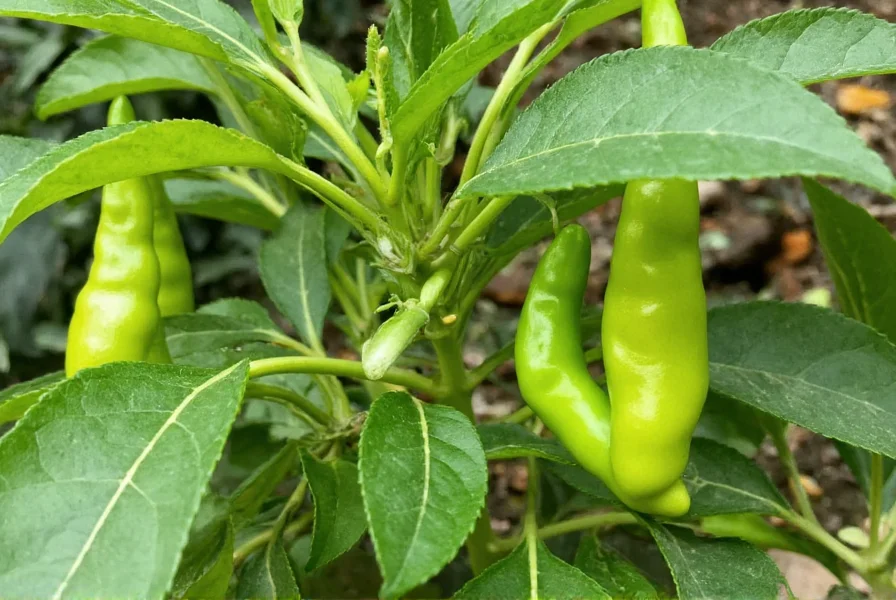
Your Ultimate Hatch Chile Buying Guide
Whether you're picking up fresh peppers at a local market or ordering online, here's what to look for when buying Hatch chiles:
What to Look For When Buying Hatch Chiles
- Freshness: Look for firm, plump peppers without wrinkles or soft spots. Bright green color indicates youth; redder hues suggest maturity and more heat.
- Size: Smaller peppers may be hotter due to a higher ratio of seeds and membranes. Larger ones (like Big Jim) are often milder and better suited for stuffing.
- Packaging: If buying dried, ensure the packaging is sealed and stored away from moisture. Fresh peppers should be refrigerated and used within a week unless frozen.
Best Products Featuring Hatch Chiles
Can't find fresh Hatch chiles near you? Don't worry! Many products capture the essence of Hatch flavor. Here are a few top picks:
| Product | Description | Features | Target Audience | Best For |
|---|---|---|---|---|
| Hatch Salsa Verde | Smoky, tangy green salsa made with real Hatch chiles | Gluten-free, no artificial preservatives | Home cooks, taco lovers | Tacos, nachos, egg dishes |
| Hatch Chile Powder | Ground dried Hatch chiles with rich, smoky flavor | Easy to store, long shelf life | Chefs, home bakers | Rubbing meats, seasoning chips |
| Frozen Whole Hatch Chiles | Pre-roasted, peeled, and frozen for convenience | No mess, easy prep | Busy families, meal preppers | Enchiladas, soups, chili |
When and Where to Buy
- Peak Season: August through October
- Where to Find: Local farmer's markets in the Southwest, specialty stores, or online retailers like Amazon or Zapp's
- Storage Tip: Keep fresh Hatch chiles in the fridge in a breathable bag. Freeze for long-term storage after roasting and peeling.
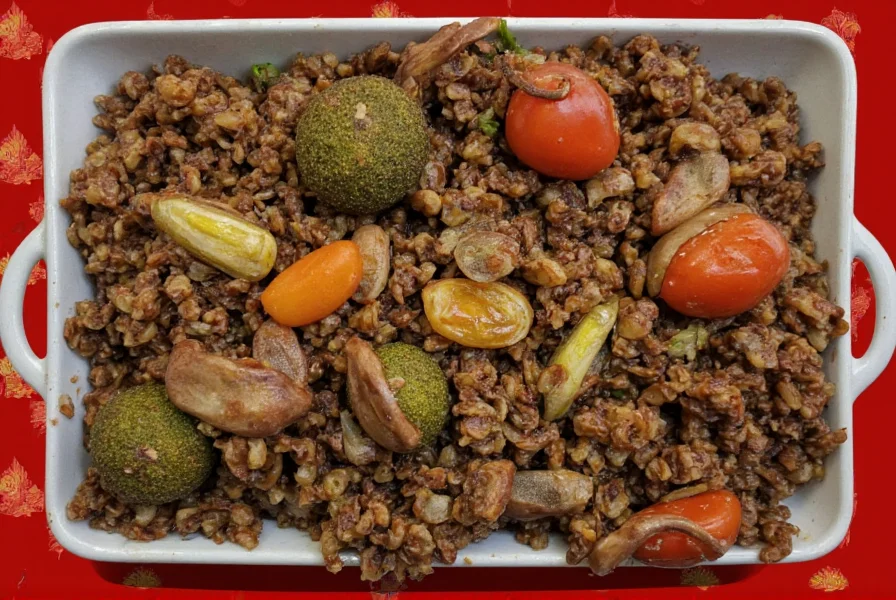
Frequently Asked Questions About Hatch Chile Peppers and the Scoville Scale
How hot are Hatch chile peppers on the Scoville scale?
Hatch chile peppers range from 1,000 to 8,000 Scoville Heat Units (SHU), depending on the variety. Mild green Hatch peppers measure 1,000-2,000 SHU, medium green are 2,000-4,000 SHU, and hot green/red varieties reach 4,000-8,000 SHU. This puts them in the mild to medium-hot range, comparable to jalapeños but generally milder than serranos.
Are Hatch chiles hotter than jalapeños?
It depends on the variety. Mild and medium Hatch chiles are typically milder than most jalapeños (which range from 2,500-8,000 SHU). However, hot green or red Hatch chiles can reach similar heat levels to jalapeños at their upper range (4,000-8,000 SHU). Overall, Hatch chiles offer more variety in heat levels than jalapeños.
Why do Hatch chiles have such a wide range of heat levels?
Several factors contribute to the varying heat levels in Hatch chiles: the specific variety (Benchmark vs. NMSU 6-4 vs. Big Jim, etc.), growing conditions (soil, temperature, water), and ripeness (red/mature chiles are typically hotter than green/immature ones). Even within the same plant, individual peppers can vary in heat.
How can I reduce the heat of Hatch chiles when cooking?
To reduce heat, remove the seeds and white membranes (placenta) where most capsaicin is concentrated. Roasting and peeling can also mellow the heat slightly. Pairing with dairy products like sour cream, cheese, or yogurt helps counteract the spiciness. Starting with milder varieties (Benchmark or mild green) is the easiest way to control heat.
What's the difference between green and red Hatch chiles in terms of heat?
Green Hatch chiles are harvested earlier and tend to be milder (1,000-4,000 SHU), while red Hatch chiles are fully ripe and typically hotter (4,000-8,000 SHU). Red chiles also develop a slightly sweeter, more complex flavor as they mature, while green chiles have a fresher, grassier taste.
Can I substitute Hatch chiles with other peppers if I can't find them?
Yes, but the flavor won't be identical. For mild Hatch chiles, try Anaheim peppers. For medium heat, use poblano peppers. For hot Hatch varieties, jalapeños would be the closest substitute. Keep in mind that Hatch chiles have a distinctive smoky-sweet flavor due to the New Mexico terroir that other peppers may not replicate exactly.
Conclusion: Spicing Up Life One Hatch at a Time
So, are Hatch chile peppers hot? That really depends on which one you pick! From the mild warmth of Benchmark to the fiery punch of hot reds, Hatch chiles offer something for every palate. Understanding their placement on the Scoville scale helps you choose wisely — whether you're making a comforting pot of posole or spicing up your scrambled eggs.
Now that you've got the lowdown on flavor, heat, and how to cook with them, it's time to grab a bag (or two) and start experimenting. Your next dish could be the one that wins over hearts — and clears sinuses!
Remember: Spice is subjective, so don't be afraid to try different varieties and adjust your recipes to suit your taste. After all, the best Hatch experience is the one that makes your taste buds sing and your soul smile.

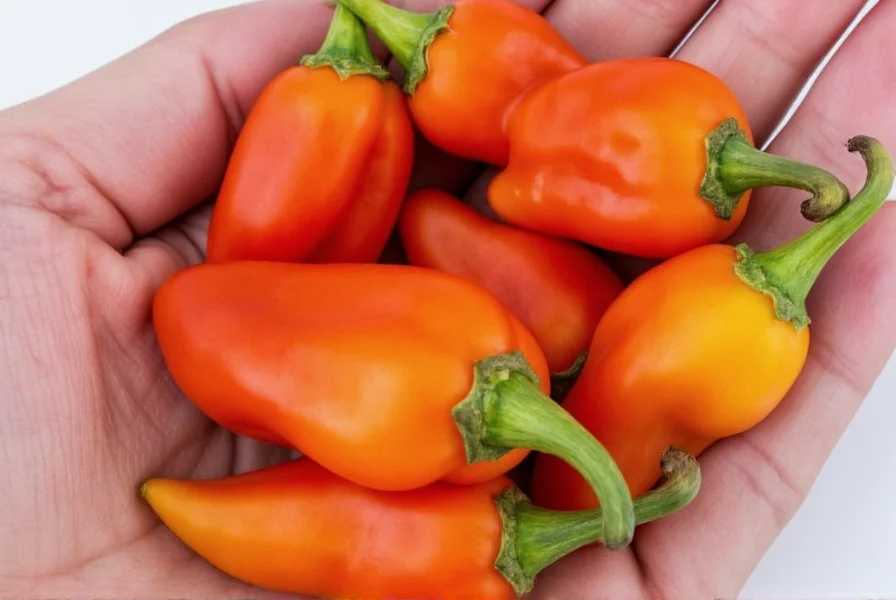









 浙公网安备
33010002000092号
浙公网安备
33010002000092号 浙B2-20120091-4
浙B2-20120091-4